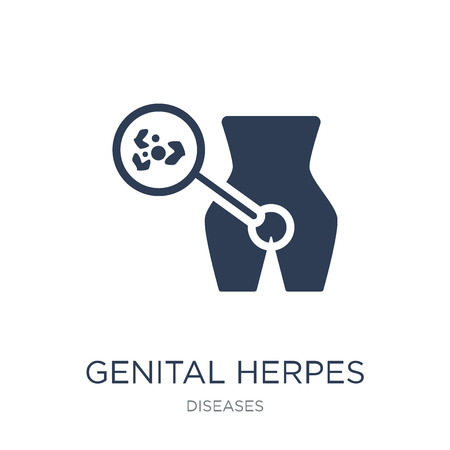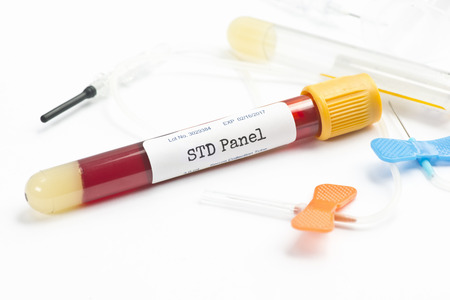Did you know that sexually transmitted diseases and infections are more common in women? This unfortunate reality is the result of biology and anatomy. It’s simply easier for a man to transmit an STI to a woman than the other way around. That’s why it’s important to protect yourself with routine STD/STI testing, so you can detect their presence and begin treatment early.
There are a lot of different infections with a lot of different strains. It’s important, however, that you educate yourself on some of the most common STDs out there so you can recognize the symptoms, seek help, and practice the best prevention methods!
Human Papillomavirus
HPV is the most common sexually transmitted disease in the U.S. Almost every sexually active individual will contract it at some point in their life but, because most strains have no symptoms, you may never even realize it! If you do exhibit symptoms, they will likely either be genital warts or an abnormal Pap smear.
HPV Treatment & Prevention
Because it is a virus, there is no treatment for HPV itself. Its symptoms, however, can be managed. Genital warts can be treated with topical medication, and any abnormal changes it may cause in your vaginal cells can be addressed surgically. The best prevention methods are the HPV vaccine, condoms, and regular Pap smears.
Genital Herpes
Genital herpes is another viral STD that can be easily spread through skin-to-skin contact during sexual activity (genitals-to-genitals or genitals-to-mouth and vice versa). The most common symptom of herpes is blisters around the vagina or anus that are often painful and inflamed.
Herpes Treatment & Prevention
Like HPV, genital herpes cannot be cured, as it is a virus. Once you have it, you will be a carrier for life. The condition can be managed though with oral medication that helps decrease the frequency and severity of outbreaks. Condoms are the best way to prevent the spread of herpes, but the virus can still be transferred between the skin condoms doesn’t cover.
It’s important to note that herpes can be spread to a partner even if you’re not currently experiencing an outbreak.
Gonorrhea
This bacterial STI can occur in the genitals, rectum, or throat when spread through sexual activity. If left untreated, gonorrhea can lead to serious health complications. Many infected individuals have no symptoms, which is why regular testing is so important. Common symptoms of gonorrhea you may experience include burning during urination, vaginal or anal discharge, frequent urination, and vaginal burning or itching.
Gonorrhea Treatment & Prevention
Untreated gonorrhea can lead to severe inflammation in the pelvis (pelvic inflammatory disease) and infections in the reproductive organs that can cause infertility. With early intervention, gonorrhea can be easily treated with antibiotics—although there has been an increase in the infection’s levels of drug resistance. The best prevention, as with most STDs, is to use a condom during sexual activity.
Chlamydia
Chlamydia is another bacterial STI that is very similar to gonorrhea. In fact, the two infections often occur together. Most women have no symptoms, although you may possibly experience abdominal cramps or abnormal vaginal discharge.
Chlamydia Treatment & Prevention
Like gonorrhea, chlamydia that is not treated can cause pelvic inflammatory disease and severe damage to your reproductive system. It can also be easily treated with antibiotics, once detected, and prevented with condoms.
The trouble with many common sexually transmitted diseases in women is that they are asymptomatic. Undergoing regular STI/STD testing is crucial to catching these afflictions before they cause more serious complications, or you infect someone else.
For compassionate and confidential STI/STD testing in Rochester, NY, make an appointment with South Avenue Women’s Services. Let our medical professionals help you take control of your sexual and reproductive health today!



